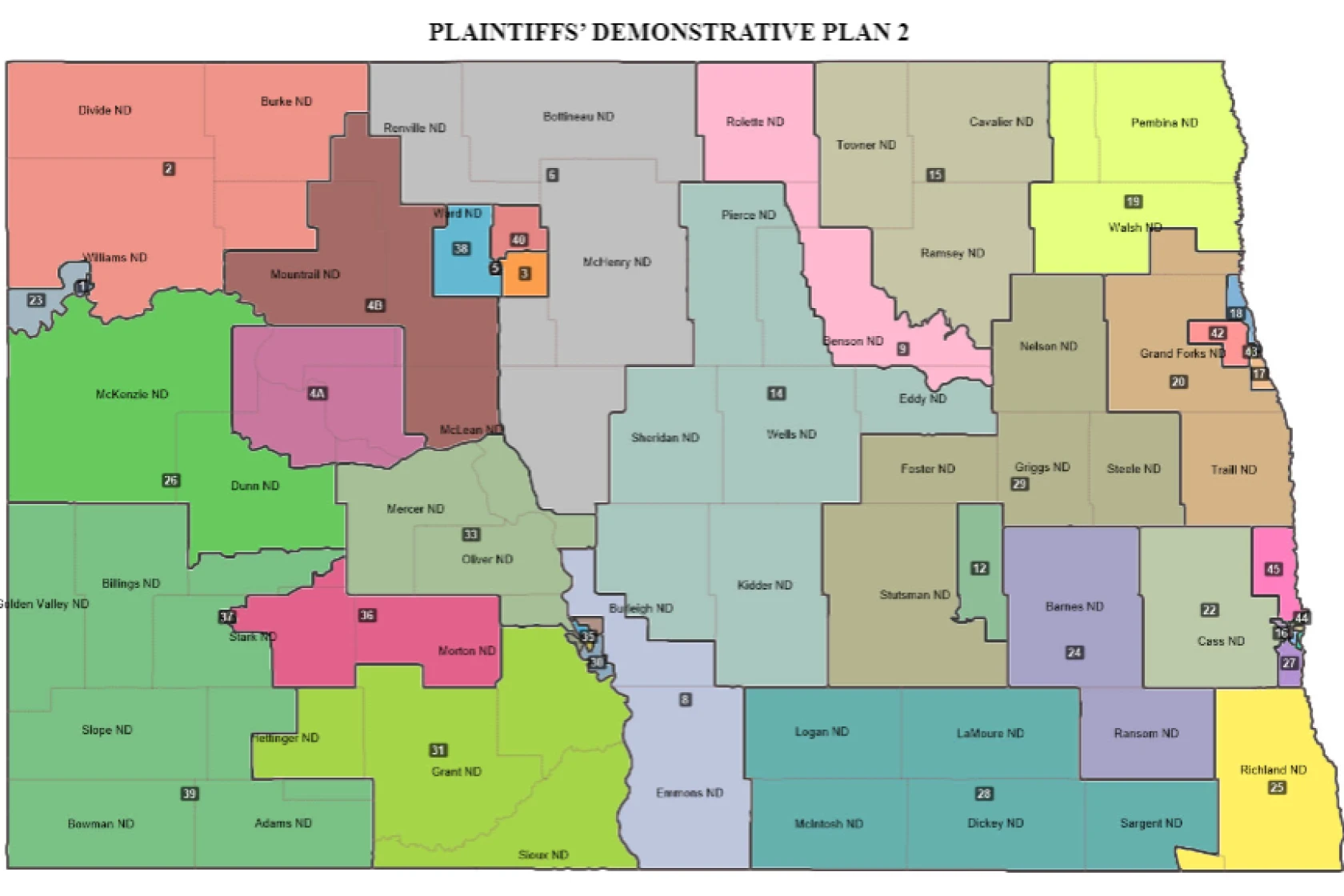- Joined
- Apr 27, 2023
- Messages
- 1,487
- Reaction score
- 1,888
- Gender
- Male
Link to Order of the Supreme Court granting a stay of the Eighth Circuit mandate in Turtle Mountain Band v Howe.
Thomas, Alito and Gorsuch would have denied the application. At least 5 Justices would have had to vote in favor.
This is about as crucial a case as it gets, far more than any gun or abortion case.
The case has the potential to effectively kill the Civil Rights Act and Voting Rights Act if the Supreme Court ultimately upholds the Eighth Circuit, by prohibiting private suits to enforce these acts. The Trump administration has already effectively ended public enforcement of both acts, so there would literally be zero way to get relief under either act.
States and individuals could engage in pre-1964 behavior with impunity, with no civil rights or voting rights mechanism to stop it.
Pray the 5 or 6 Justices that granted the stay ultimately rule against the Eighth Circuit and in favor of civil rights and voting rights.

